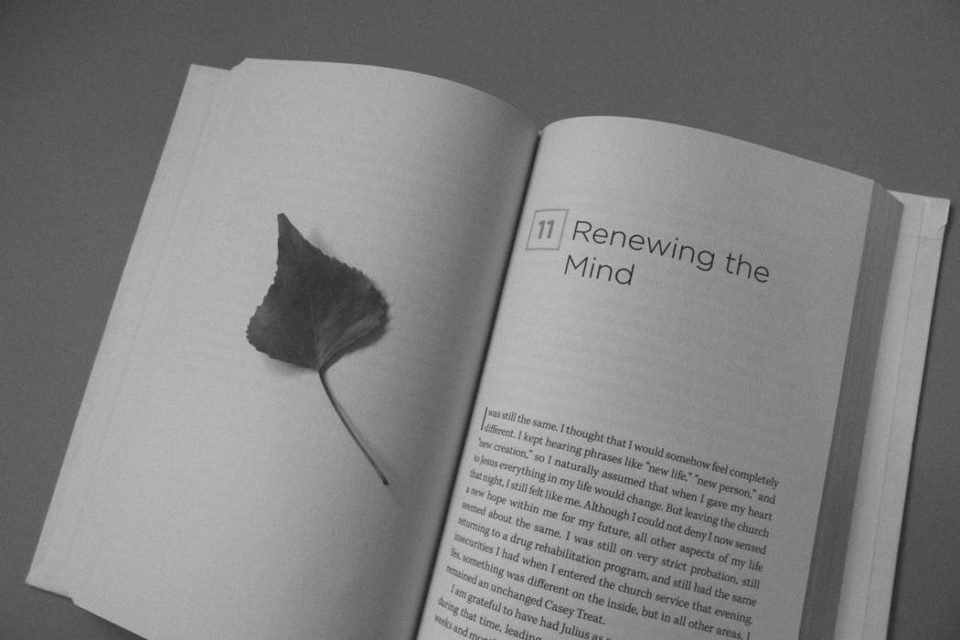So many of us gravitate toward challenging ourselves and our status quo- The Whole 30, New Year’s resolutions, 100 pictures in 100 days, Couch to 5K, creative writing competitions, training for a race. I love getting to see people who want to better themselves preparing to accomplish a new thing or hit a new goal. There’s something inspiring about being around other people who are plotting their next achievement.
A pretty major defining part of a challenge is that it’s hard. We are confronted by parts of ourselves that don’t think we can finish or maintain, parts of ourselves that are afraid of being uncomfortable. We get overwhelmed or don’t see results as fast as we want them, or we lose steam or skip a day/week/month, and we give up and forget about our goals.
This is why we’re encouraged to participate in group challenges and tell other people about our goals. We need each other for support, to hold one another accountable, especially when the going gets tough.
And even then it’s still so easy to slip out of the new routine we’ve created. Little by little or all at once, we find ourselves letting go of progress. We feel defeated, and we berate ourselves for failing to accomplish another goal. We make excuses. Sometimes we punish ourselves. Sometimes we let ourselves off the hook.
But we have another option. There’s another opportunity available to us that doesn’t involve making excuses or punishing ourselves or letting ourselves off the hook. We can begin again.
Sometimes we’ll need to reassess so that we can begin again. It will be hard for us to keep up with the goals we’ve set for ourselves if they’re too advanced for our current skill set or if we’re not listening to ourselves. When we embark on a challenge, we’ll be more successful if we are honest with ourselves and start where we are, not where we wish we were. It’s critical that we listen to ourselves and go back to the drawing board if something isn’t working for us.
Beginning again is an essential ingredient to meeting a challenge. There will, of course, be days where we don’t feel like going for the run, eating the clean meal, sitting down to meditate, going to our wellness appointment, reading the articles, writing the articles. There will be days where we do feel like it, but something prevents us from sticking to the plan. We will have to begin again.
There will be times when we are in the middle of a run or a mediation or a meal or a plan and know that we’re phoning it in or not fully present. There will be moments when our commitment falters. This is an expected and built-in part of any challenge. We’re allowed to struggle and we will. We can accept it and begin again. (Some days, I begin again 25 times during a run. I’ve begun again countless times during meditations.)
We can practice a “begin again” mindset with any challenge, including the daily challenges of life and being a person. We can apply it to driving when we discover our feathers have been ruffled by our fellow road warriors. We can begin again when we’re in the middle of a disagreement with someone, and we don’t like how we’re acting. We can begin again at work.
We can make it as momentous or pedestrian as we want. We don’t have to go anywhere or close our eyes or have a special ritual. It can be as simple as taking a breath and beginning again.
Beginning again marks its own challenge. Play around with it and see what works for you. Be curious about when it seems to be easier and when it’s harder.
Love and Be Loved,
Natalie


